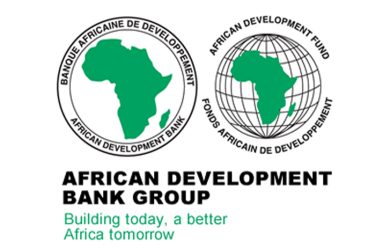The lack of reliable power poses a major constraint to both private citizens and businesses, resulting in annual economic losses estimated at $26.2 billion, which was equivalent to 2 per cent of the country’s Gross Domestic Product (GDP).
Dr George Nwangwu, the director-general, Centre for Law, Business & Economy, disclosed this on Tuesday in Abuja at the Africa Climate Forum 2023 with the theme: “Powering the Future: Financing Energy Transition for Sustainable Progress.
He pointed out that energy drove industrialisation, boosted productivity and economic growth as well as spurred human development, and was crucial to achieving most of the United Nations Sustainable Development Goals (SDCs).
“It is, therefore, not surprising that energy transition has become the centre of the development discourse in Africa and across the globe”, Dr. Nwangwu stated.
He noted that in sub-Saharan Africa alone, approximately 600 million people, or 53 per cent of the region’s population, lived without access to electricity.
The Director-General, Centre for Law, Business & Economy, noted that unlike developed countries that have made similar pledges towards neutrality, Africa had limited resources to fund its energy transition plans.
According to the African Development Bank (AfDB), it is projected that the continent would require about $200 billion annually to meet its energy transition needs.
Dr Nwangwu reacted: “This is way beyond the reach of the continent, and it is therefore imperative that Africa receives the kind of finance that will enable it to meet its commitments to the rest of the world”.
He stated that apart from concessionary financing, private capital was also crucial, as most of the private capital for large infrastructure projects was anchored on project finance models.





